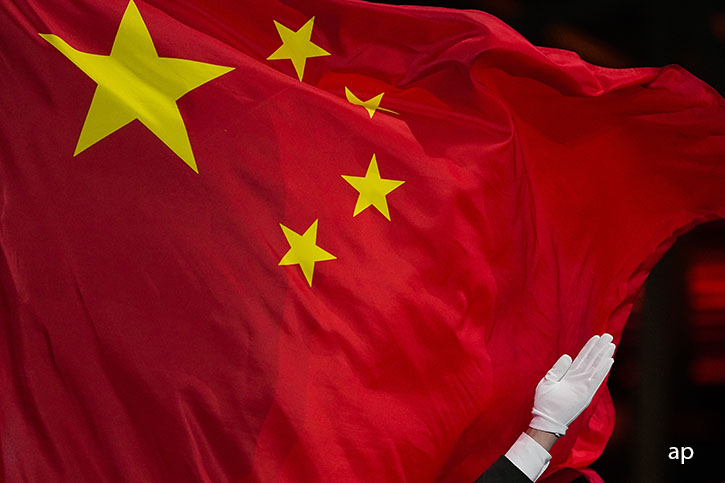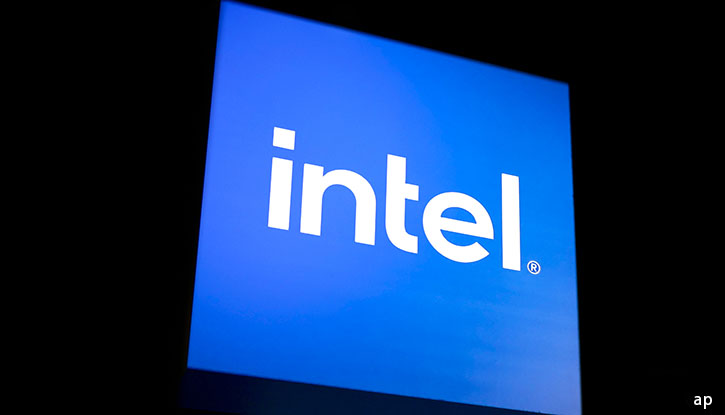What is the Digital Markets Act?
It’s a new set of EU rules to “limit the power of big online platforms”. In a communique, the European Parliament talked tough, using the threat of blacklists, investigations and sanctions against companies like Alphabet, Meta and Apple. The EU describes these platform companies as “gatekeepers”.
What Does the EU Want?
The EU's aim is to curb the market power of the incumbents, increase competition and improve choice for consumers. We've laid out some examples below.
This is meant to stop firms promoting their own services ahead of rivals and make sure that competing systems work better with each other.
Brussels is also keen to achieve this liberalisation of Big Tech without sacrificing the hard-fought battles to keep personal data from being misused. Apple, for example, has flagged up the security/privacy issues involved in greater sharing between rival platforms.
What Does it Mean for Consumers?
Tech companies are known for creating "walled gardens", which increase dependency on one system over another, and make it harder to switch provider.
Messaging services are at the heart of this. In the future, the biggest platforms will need to work with smaller ones to ensure fair competition. Users will be able to message other people on different platforms - in theory you'll be able to send a WhatsApp message to rival messaging services on their smartphones. Apple may have to include other app stores like Google Play on iPhones, for example. And Google won't be able to install Chrome as the default browser.
What’s the Background?
The European Commission has been looking closely at US tech companies for years now, especially in terms of the uses and abuses of date, and during that time the companies themselves have grown even larger.
Tech watchers will remember Microsoft's tussles with the European Union over the bundling of its Windows Media Player into Windows. The result was that in 2004 the company was handed a then record fine of $666 million by the European Commision. But Microsoft shrugged this off, with its market value increasing by more than tenfold since then.
While the US is the spiritual home of big tech, the EU sees itself as a trailblazer in digital regulation. The European parliament’s Andreas Schwab said:
"The agreement ushers in a new era of tech regulation worldwide. The Digital Markets Act puts an end to the ever-increasing dominance of Big Tech companies. Europe is thus ensuring more competition, more innovation and more choice for users."
These companies are also in the sights of US politicians and regulators, particularly given Joe Biden is now in the White House.
Who's Pushing For Reform?
Denmark’s Margrethe Vestager is a pivotal figure in the regulatory battle against Big Tech. She’s been European commissioner for competition since 2014 and president of “Europe Fit for a Digital Age” since 2019.
Which Companies Are Affected?
A company must have a market cap of €75 billion or an annual turnover of €7.5 billion so the scope is limited to the largest tech companies. A gatekeeper has browsers, social media or messaging services, with at least 45 million monthly end users. So think Instagram, Facebook, Google search, WhatsApp, Microsoft Teams.
What’s the Punishment for Non-Compliance?
Companies can be fined 10% of their annual turnover, and 20% for repeat offences. Meta made nearly $120 billion in revenue last year, Apple $124 billion, Microsoft $168 billion and Alphabet was $257 billion. Amazon full-year revenue was $469 billion in 2021.
In severe cases, firms may have their ability to take over other companies curtailed.
How Has Big Tech Reacted?
This set of rules has been tougher than they had expected. Affected companies have concerns over stifling innovation and reducing privacy and security.
What Does it Mean for Investors?
The value rebound has put growth companies in the shade this year, so it’s hard to separate the market sentiment from the effect of the antitrust threat. This challenge has been brewing for years and has the ability to unnerve investors periodically – Facebook shares crashed after one earnings report in 2018 but then doubled in the intervening years. Investors may fret about antitrust laws but the most profitable move (so far) has been to ignore the noise and keep holding.
Will the DMA Level the Playing Field?
For the last few years, bigger has been better, reinforcing the "network effect", a source of a company’s economic moat, according to Morningstar. As has been seen by a platform like Facebook, users bring in more users, raising the barrier to entry for rivals and enforcing the market share of the incumbents. These changes could level the playing field for smaller tech companies to disrupt the status quo.
The EU is clear that it wants to tilt the scales towards newer companies, or at least away from the incumbents.
"The law avoids any form of overregulation for small businesses. App developers will get completely new opportunities, small businesses will get more access to business-relevant data and the online advertising market will become fairer."
Investors, especially professional ones, will be hoping this will unleash a new wave of tech innovation and opportunities to buy into the next generation of unicorns.
When Do the Rules Come Into Effect?
The rules are expected to come in this October if the European parliament and its member states approve the final version of the act.










.jpg)


















